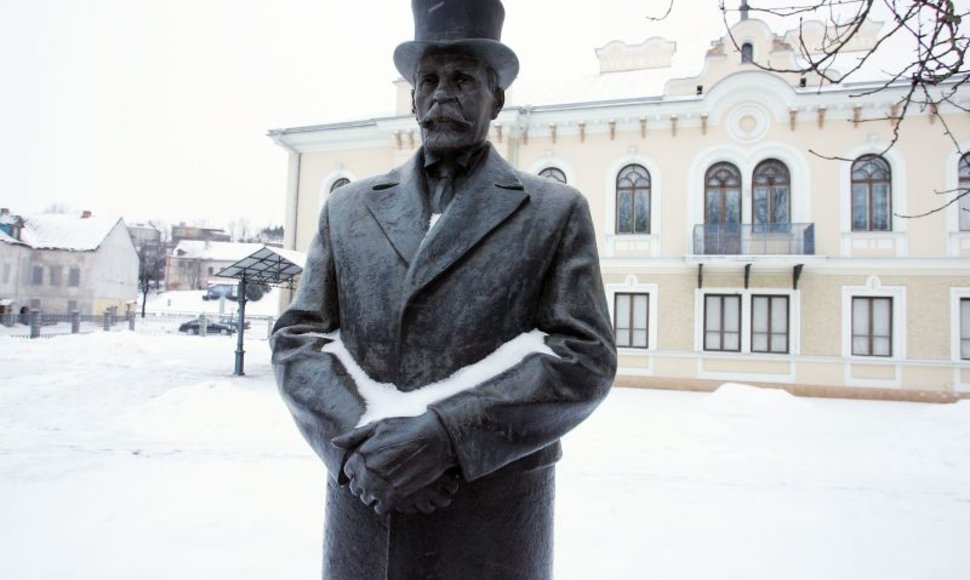Eidintas said Smetona was a perceptive politician who was among the first in Europe to see the potential threats of Nazism.
"I think I've presented enough facts to prove that there was really nothing to do, as the ultimatum was followed by a statement that the army would step in regardless of what was done," Eidintas told BNS after the book presentation ceremony at the Foreign Ministry.
In the diplomat's words, Smetona fled to Germany and had no illusions about possibility of avoiding Soviet occupation, unlike other politicians who still had hopes of reaching an agreement with Moscow.
Eidintas said Smetona was one of the first European statesmen to see the potential threats of Hitler and actively fought against anti-Semitism in Lithuania, "curbing the attempts of young nationalists and businessmen to take administrative measures aiming to restrict Jewish influences in business."
"Back in 1935, Smetona referred to Hitler as a dangerous lunatic in private conversations. He did not accept his racial theories and understood well the threats of Hitler and nationalism for Lithuania and the rest of Europe," he told BNS.
Presenting his book, "Antanas Smetona and His Environment," Eidintas said he wanted to challenge the image of Smetona created by time and propaganda, including that of Smetona's opponents and Soviet ideologists. The 500-page-long monograph focuses on the Lithuanian national revival, on the period of state-building the country's evolution after it became independent.
The book reveals the attitudes that Smetona, Lithuania's president in 1919-1920 and 1926-1940, held on the issue of Vilnius - which was part of Poland in the interwar - and Lithuania's Polish community.












